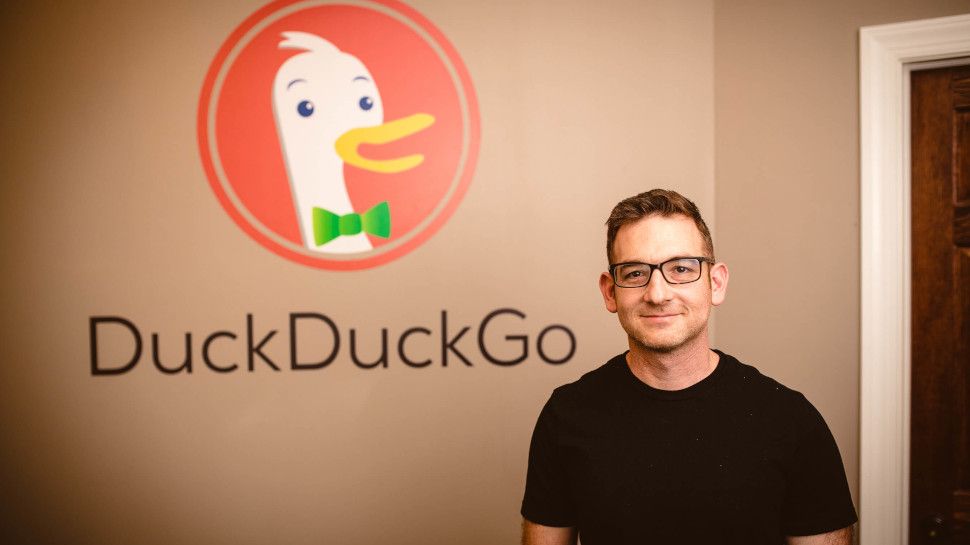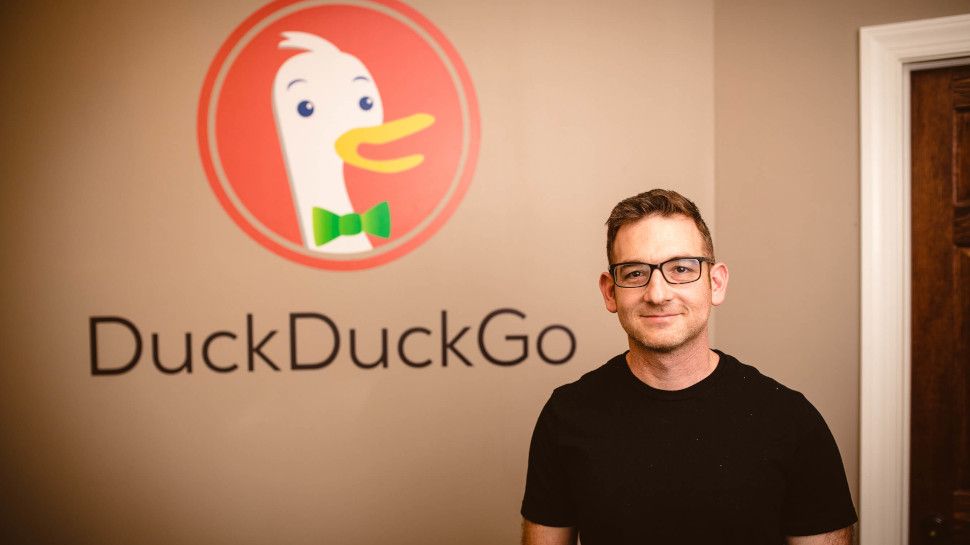
The executives in charge of three challenger search engines – DuckDuckGo, Ecosia and Qwant – have penned an open letter (opens in new tab) expressing concerns that Big Tech firms will find ways to bypass new rules designed to loosen their stranglehold on key markets.
The letter does not refer to any specific companies by name, but is clearly targeted at the likes of Google, Microsoft and Apple, all of which enjoy dominant market positions in fields such as search, browsers and operating systems.
“The EU has taken an important first step by adopting the Digital Markets Act (DMA),” wrote the trio. “However, the effectiveness of the EU’s mandates and related regulatory efforts across the globe will depend on how gatekeepers implement changes to comply with these new rules.”
“Without strict adherence to both clear rules and principles for fair choice screens and effective switching mechanisms, gatekeeping firms could choose to circumvent their legal obligations.”
Does the DMA go far enough?
Set to take effect in spring 2023, the DMA is designed to limit the power of so-called “technology gatekeepers”, whose position and wealth of resources is said to limit the opportunity for smaller competitors to accrue market share.
The legislation includes measures to prevent gatekeepers from ranking their own products higher in search results and blocking users from uninstalling preloaded applications, as well as obligations to provide users with simple means of switching to alternative services.
The proposal has been widely heralded as a step in the right direction. However, there is some concern the DMA will do little to curb the ability of companies like Apple and Google to leverage their control of major platforms to promote their own software and services.
To address this concern, the open letter sets out ten “principles for fair choice screens and effective switching mechanisms”, with the broad goal of streamlining the shift away from default services.
Among other measures, the letter asserts that users should be prompted periodically to confirm their preferred service, that changes should apply across all “access points” (e.g. browsers, digital assistants, search widgets) and that access to choice screens for rival vendors should not be gated behind auction processes.
“Gatekeeping firms should globally roll out fair choice screens and effective switching mechanisms now, using these principles,” wrote the signatories. “We are ready to work collaboratively towards this end, honoring the users‘ desire to choose the services they want to use, and not having those choices decided for them by default.
TechRadar Pro has asked Google, Apple and Microsoft for a response to these suggestions.
Update (July 05, 11:00 ET):
A Google spokesperson has since provided us with the following statement:
“We have long offered more choice and flexibility than other mobile platforms. We continue to explore new ways to ensure consumers can choose the products and services they want to use and welcome views from other companies.”
